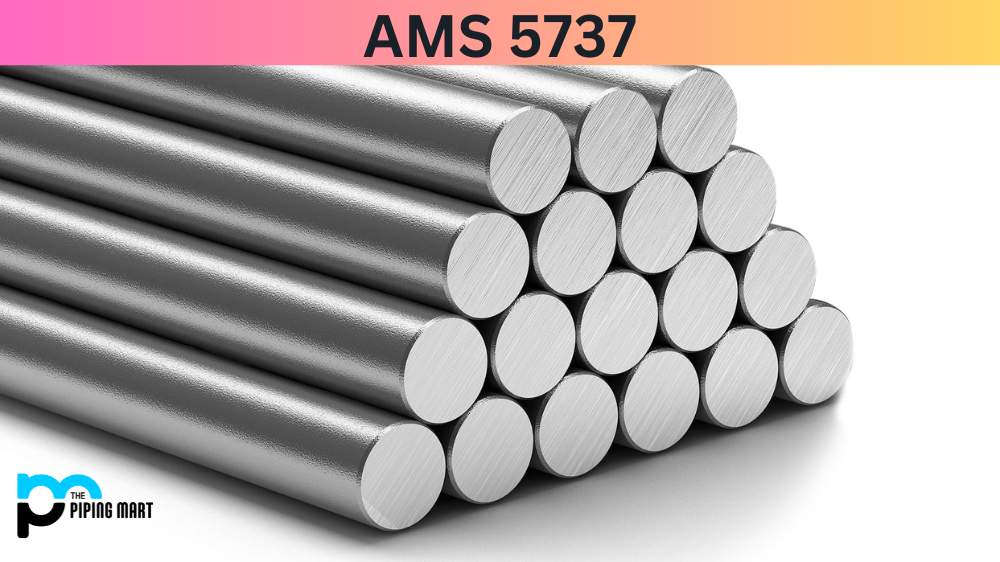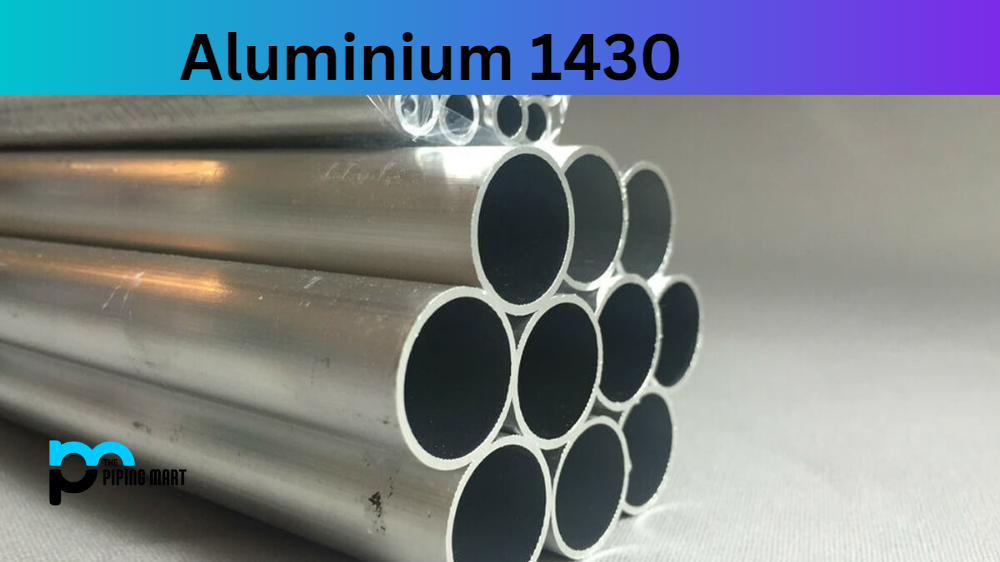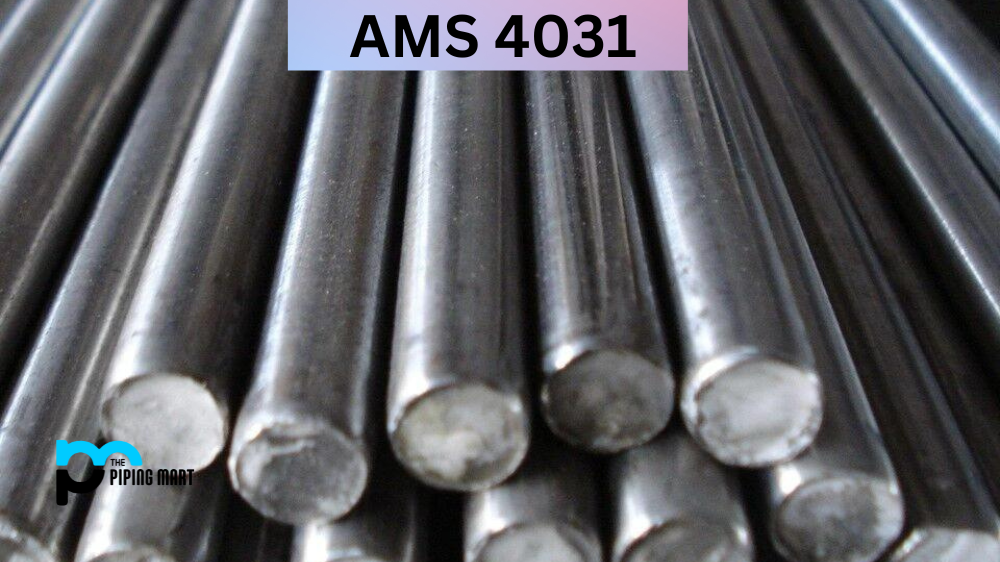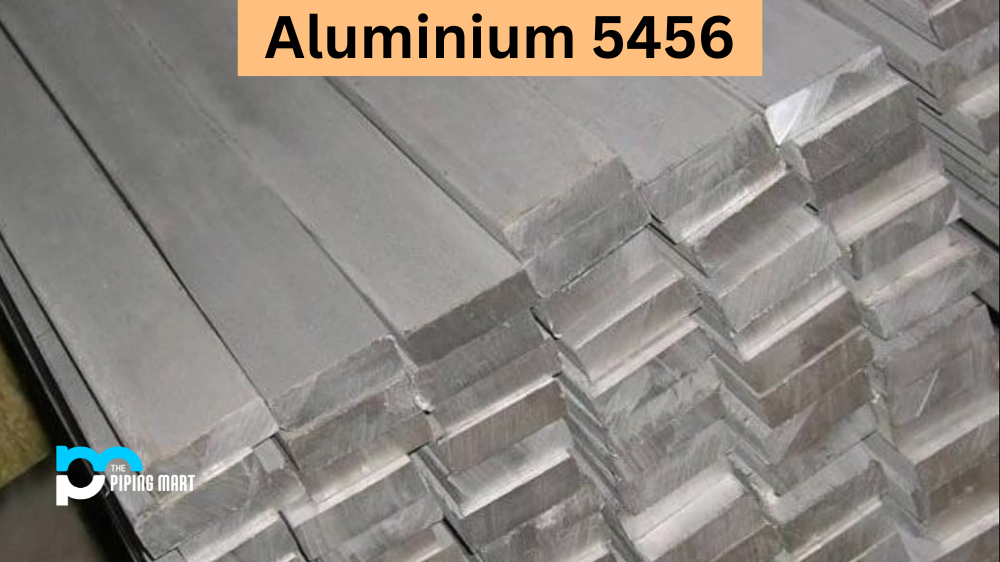Steel is one of the most important materials in modern industries. It is the backbone of many machines and structures and is used in everything from automotive parts to aerospace components. However, not all steels are created equal. AMS 5737 is a popular steel alloy with many desirable properties, and it has found wide use in many applications. This blog post will explore everything you need to know about AMS 5737.
What is AMS 5737?
AMS 5737 also known as Stainless Steel A286. It is a precipitation-hardening stainless steel with good corrosion resistance and a high yield strength. It is mostly iron, with around 15-17% chromium, 3-5% nickel, 3-5% copper, and 0.15-0.45% niobium or tantalum.
AMS 5737 Composition
As mentioned, AMS 5737 comprises iron, chromium, nickel, copper, and niobium or tantalum. The composition may vary slightly depending on the specific form of the alloy, but it typically contains around 15-17% chromium, 3-5% nickel, and 3-5% copper. The addition of niobium or tantalum helps to enhance the alloy’s properties and increase its strength.
| Element | Content (%) |
|---|---|
| Iron, Fe | 54 |
| Nickel, Ni | 25.5 |
| Chromium, Cr | 14.8 |
| Titanium, Ti | 2.13 |
| Molybdenum, Mo | 1.30 |
| Manganese, Mn | 1.0 |
| Silicon, Si | 0.50 |
| Vanadium, V | 0.30 |
| Aluminum, Al | 0.18 |
| Carbon, C | 0.040 |
| Phosphorous, P | 0.020 |
| Sulfur, S | 0.015 |
| Boron, B | 0.0060 |
AMS 5737 Physical properties
The physical properties of AMS 5737 depend on the specific form of the alloy, but generally, it has a density of around 7.8 g/cm3 and a melting point of around 1399-1454°C. It also has a low magnetic permeability, making it useful in applications where magnetic interference could be problematic.
| Properties | Metric | Imperial |
|---|---|---|
| Density | 7.92 g/cm3 | 0.286 lb/in3 |
| Melting point | 1399°C | 2550°F |
AMS 5737 Mechanical properties
One of the main advantages of AMS 5737 is its high yield strength. In the annealed state, it typically has a yield strength of around 550 MPa. This can be increased to 1100-1400 MPa through precipitation hardening. It also has good ductility, which means it can be formed into various shapes without fracturing and has good impact resistance.
| Properties | Metric | Imperial |
|---|---|---|
| Tensile strength | 1035 MPa | 150100 psi |
| Yield strength (@strain 0.200%) | 759 MPa | 110000 psi |
| Elongation at break | 25% | 25% |
| Reduction of area | 40% | 40% |
| Hardness, Brinell (estimated from Rockwell C value for Brinell test with 3000 kg load/10 mm diameter ball) | 304 | 304 |
| Hardness, Knoop (estimated from Rockwell C value) | 330 | 330 |
| Hardness, Rockwell C | 32 | 32 |
| Hardness, Vickers (estimated from Rockwell C value) | 318 | 318 |
AMS 5737 Equivalent
| AISI 660 | AMS 5525 | AMS 5726 | AMS 5732 | AMS 5734 |
| AMS 5731 | AISI 662 | UNS S66286 | AMS 5804 | AMS 5895 |
| AMS 5853 | AMS 5805 | AMS 5858 | DIN 1.4943 | SPS M250 |
| DIN 1.4944 | GE B50T81 | GE B50T12 | GE B50T1181 | ASTM A453 Grade 660 |
| ASTM A638 Grade 660 | stainless steel A-286 |
AMS 5737 Uses
AMS 5737 material is used in many applications that require high strength, corrosion resistance, and good ductility. Aerospace commonly uses it for components like landing gear, structural members, and engine parts. It is also used in the automotive industry for things like valve stems and gear shafts, as well as in the medical industry for surgical instruments and implants.
AMS 5737 Hardness
The hardness of AMS 5737 depends on the specific form of the alloy and its heat treatment. It typically has a hardness of around 200-300 HB in the annealed state. However, precipitation hardening can increase the hardness to 35-45 HRC.
AMS 5737 Heat Treatment
AMS 5737 can be heat treated to increase its strength and hardness. The specific heat treatment process will depend on the desired properties and the specific form of the alloy. However, precipitation hardening is commonly used to increase the strength and hardness of AMS 5737.
Conclusion:
AMS 5737 material is a versatile steel alloy widely used in many industries. Its high strength, good ductility, and corrosion resistance make it ideal for many aerospace, automotive, and medical applications. Its mechanical properties, such as high yield strength and impact resistance, make it a popular choice for many critical components. Whether you’re an engineer designing components for a spacecraft or a manufacturer of surgical instruments, AMS 5737 is an alloy you should consider.

Meet Bhavesh, a seasoned blogger with a wealth of knowledge and experience. From metal products manufacturing to retail, Bhavesh has a diverse background in various industries and is dedicated to sharing his insights and expertise with readers.




